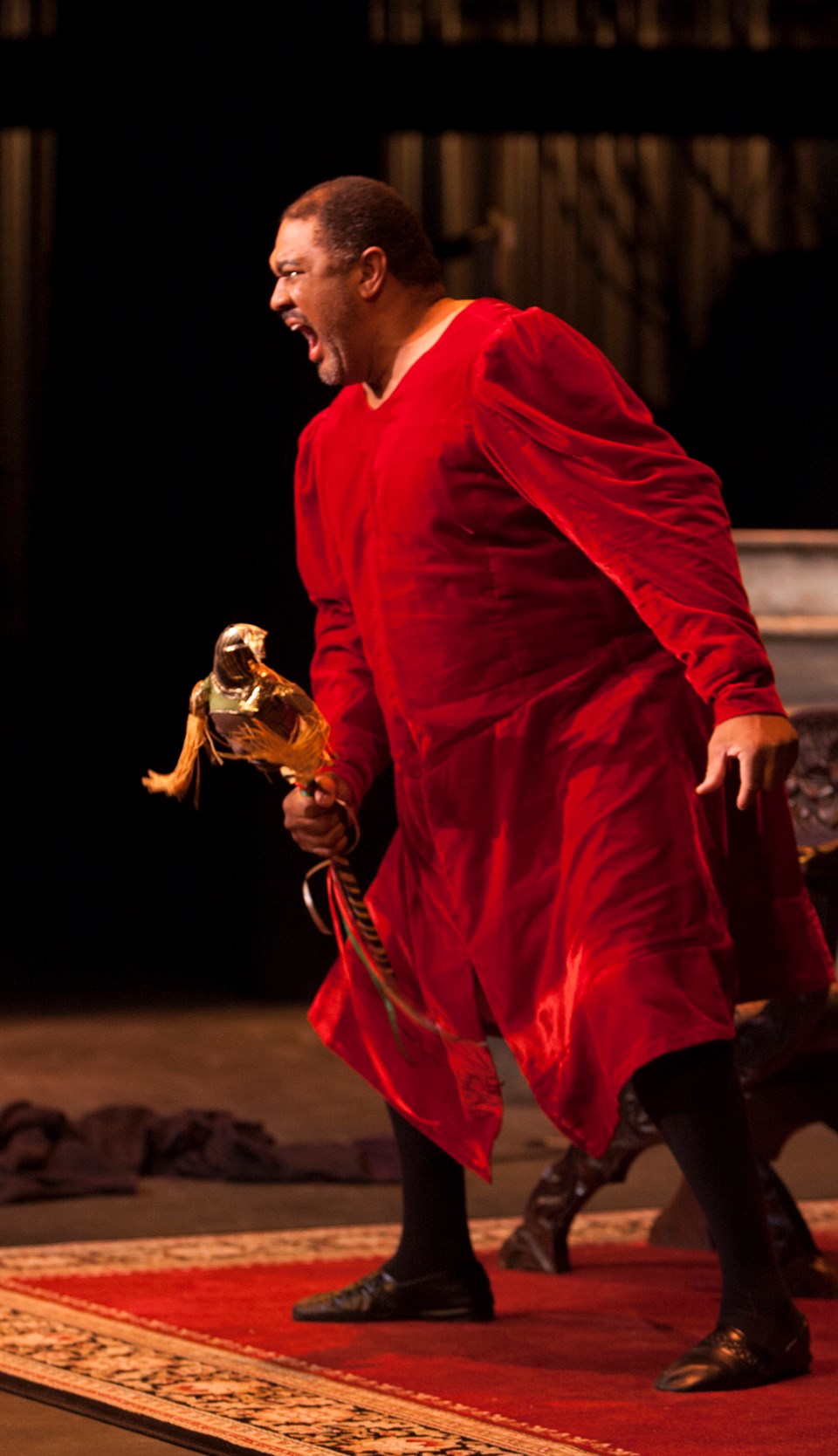There’s been a dustup amongst Vancouver’s classical music lovers over Vancouver Opera’s recent decision to switch from a full concert season to a festival format in 2016. Broadly speaking, the change means that the cycle of what was once four shows portioned out from fall to summer will be condensed into a three-week gala that takes place in the spring. Like any argument amongst passionate people of impossibly varied backgrounds and opinions, with emotions flaring, the tone and volume of the debate can border on apocalyptic whether it’s warranted or not.
General director, James Wright confirmed in an interview that it’s understood that any enmity comes from a place of concern for the company as nobody actually pines for VO to go down in flames. But it’s not as if there’s no case to made for some nervous hand-wringing. Many have been put on edge as other high profile arts organizations have been forced to close up shop; the Vancouver Playhouse Theater Company in 2012 ringing especially fresh possibly due to its proximity to VO’s stomping grounds. There are also implications to the decision that reach beyond whether or not VO is producing shows in the fall. For instance, by shortening their season, the company is drastically shortening an employment opportunity for its stage crew and musicians that traditionally existed year-round.
“I think some people are worried that this is the beginning of the end for the company. I think some read this more as downsizing than it actually is,” says Wright. “We’re finding in our field across North America that opera as an art form is popular and strong but the way we deliver it is waning. There are about 30 or 40 opera companies in New York City – and there are about 15 in the San Francisco Bay area. Lots of them are small and able to perform in small venues.”
There’s merit to the case that a leaner opera company is better suited to staying afloat in rough economic times. This might mean picking shows that require more modest financial demands to stage; something VO has been experimenting with in past seasons.
“We did Bizet’s Docteur Miracle with our young artists in the spring,” Wright says. “An audience of two hundred, with a six-piece ensemble. The audience loved it!”
VO has been devoting some of its stage time to leaner productions in recent years such as Benjamin Britten’s Albert Herring, and last year’s adaption of Shane Koyczan’s Stickboy with music by Neil Weisensel. All this is not to say that VO has abandoned the idea of opera on a grand scale. A few weeks after this writing, Verdi’s Rigoletto should be hitting the stage and one of the productions in the festival format’s first season is the same composer’s mammoth/behemoth lovechild, Otello.
For too many reasons to count – or possibly just one, the Internet – the way in which we patronize our art has evolved drastically in a short time. It’s impossible to know with absolute certainty what a winning strategy would look like and it might even be small minded to assume that there is only a singular way forward. When asked to weigh in on the debate, Wright observes that, “We’ve got to remember that the art form itself still speaks to people. But the conversation is about how we package it and how we present it to keep it strong in the community.”
Fall music highlights
Vancouver Opera - Dark Sisters
Nov. 26 to Dec. 6
Vancouver Playhouse
Music On Main - 2015 Modulus Festival
Nov. 15 to 21
Heritage Hall and The Roundhouse
Phoenix Chamber Choir & The VSO - Stravinsky's Symphony Of Psalms
Nov. 21
The Orpheum
Vancouver Symphony Opening Weekend - Beethoven Violin Concerto
Sept. 26 and 28
The Orpheum
Vancouver Chamber Choir - Monteverdi 1610 Vespers
Oct. 23
The Chan Center


